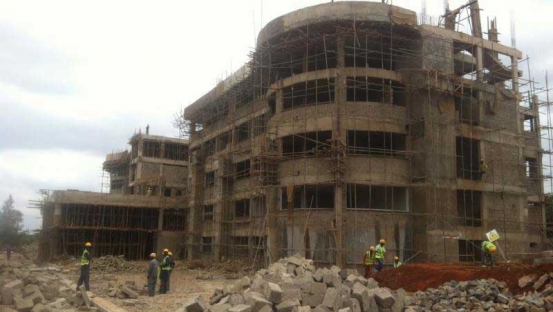×
The Standard e-Paper
Fearless, Trusted News

Bamburi Cement has cut its dividend to shareholders for the first time in four years, as profits fell by 36 per cent to Sh1.8 billion in six months of trading.
Half-year results for the period ending June 30, 2017 saw the listed firm’s turnover drop by Sh1.6 billion - 8.2 per cent - to Sh17.5 billion as construction activities dropped.